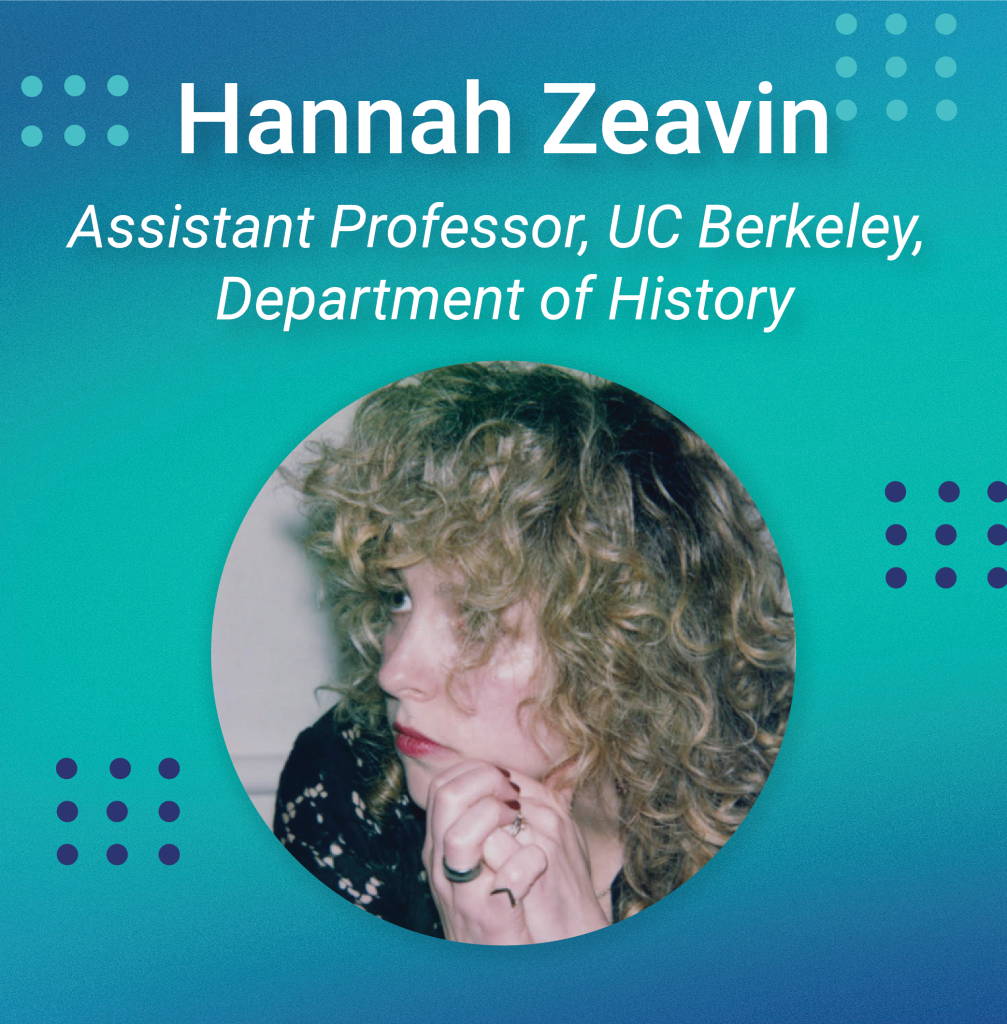PACS Blog / December 17, 2024
Stanford PACS 2024 Event Recap
As 2024 draws to a close, we are proud to look back at our diverse array of thought-provoking public events this year. These gatherings helped inform the ongoing dialogue around some of the most pressing issues of our time, including the role of technology in our digital world, threats against democracy, and the need for continued progress in civil society. From insightful book talks and engaging speaker series to a collaborative sustainability conference, we hosted more than 20 events this year, collectively gathering more than 500 attendees to engage in critical discussions to help shape the future of civil society.
Here’s a roundup of the highlights from this year’s impactful discussions:
Book Talks
This year’s book talks featured insightful discussions on social change, solidarity, and sustainability. We kicked off the year with a discussion with world-famous culinary couple Massimo Bottura and Lara Gilmore, who spoke about their latest book, Slow Food, Fast Cars. Together, we explored how the culinary world can challenge unsustainable consumer culture, advocating for sustainable food practices and the reduction of food waste as powerful tools for social and environmental change. In April, our conversation with Leah-Hunt Hendrix and Astra Taylor about their book Solidarity explored the transformative potential of collective action and the pivotal role that philanthropy can play in supporting and sustaining the Solidarity movement. And this fall we welcomed distinguished scholar Marshall Ganz to speak about his book, People, Power, Change, examining the power of grassroots organizing and the role of storytelling in social movements. Together, these talks highlighted the interconnectedness of people, power, and progress, offering actionable insights on how to foster a more just, sustainable future.

Speaker Series with Leading Experts
Our monthly speaker series, hosted by the Digital Civil Society Lab (DCSL), brought an impressive lineup of scholars and experts to discuss the intersections of digital dependencies, democracy, and civil society. Dr. Chris Gilliard joined us to explore the concept of “luxury surveillance,” a type of tracking and monitoring that people willingly pay for and see as a benefit (Apple Watches, Fitbits, Oura rings), despite their similarities to more coercive forms of surveillance, such as ankle monitors. This conversation sparked important questions about privacy, power, and personal autonomy in an increasingly monitored world.
We also welcomed Dr. Alex Hanna, Director of Research at the Distributed AI Research Institute, who spoke about the crucial role of ImageNet in shaping modern AI, examining it from the perspectives of its curators, the annotators who labeled its millions of images, and the creators of those images. Listen to Dr. Hanna argue for a future in technology that avoids harmful practices like data exploitation and the use of images without consent.
These insightful discussions have sparked important conversations about the ethical implications of emerging technologies in the digital age. Explore our 2024-25 speaker series, Technology, Culture, and Power, and visit our past speaker series here.



In addition to our book talks and speaker series, we’ve also hosted critical conversations around polarization, climate change, and education reform. We invited Dame Louise Richardson, esteemed political scientist and President of Carnegie Corporation of New York, to join Faculty Co-Director Robb Willer for a fireside chat on the crisis of polarization. They explored the pressing issue of polarization and its implications, and the role philanthropy can play in strengthening the forces of societal cohesion in effort to reduce polarization.
Additionally, the Global Civil Society and Sustainable Development Lab held its second annual Civil Society and Sustainability conference, where scholars and civil society leaders shared research and explored innovative solutions to address climate change.
“I left the [Civil Society and Sustainability] conference feeling inspired and motivated to continue my work on civil society and sustainability issues. Few (if any) others at my university are working at this intersection, so the opportunity to connect with a community of engaged scholars and practitioners with diverse expertise is invaluable to my research and makes me a better scholar.”

This year, under the leadership of Events and Partnerships Manager Jessica Braham, we made significant strides in our sustainability efforts, including a continued commitment to zero-waste initiatives during our events. We use Certified Green catering companies, involve Stanford students studying sustainability to ensure our event waste is properly sorted, actively encourage attendees to take public transportation, and provide takeout containers for leftover catering. By prioritizing sustainable practices, we aim to reduce the environmental impact of our gatherings, ensuring that our events not only spark meaningful conversations but also align with our values of sustainability and responsible action.
We extend our heartfelt gratitude to our incredible partners, speakers, and attendees for their contributions to this year’s events–your engagement, insights, and support have been essential in making these conversations possible and impactful. We look forward to another year of inspiring conversations!
